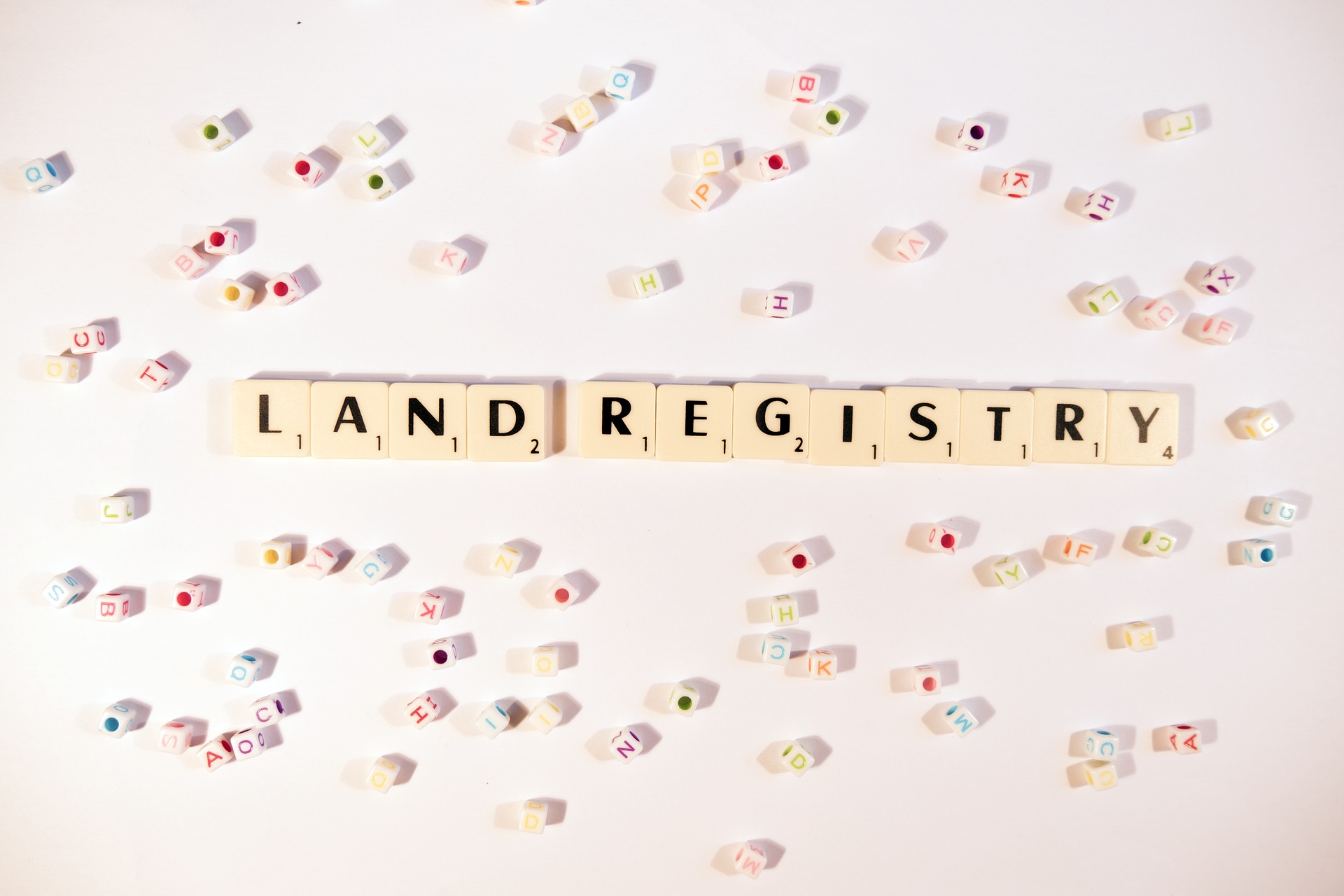A Homeowner’s Guide to the UK Land Registry
This basic guide is to provide homeowners and buy-to-let property investors with an overview of the UK Land Registry, including its purpose, the type of information that it records, how to search the database, and how to register property.
It’s mandatory to register the transfer of ownership of property at the Land Registry, a Government agency tasked with keeping track of ownership transfers in England and Wales. All the information you need to know about the Land Registry and the process of registering is detailed below.
What is the UK Land Registry?
The non-ministerial HM Land Registry keeps track of who owns land and property in England and Wales.
An official land certificate from the government and a map of property boundaries are part of the Land Registry’s services for people who own land.
The Land Registry keeps track of any changes in ownership, mortgages, or leases that affect a property once it has been entered into the register.
Why is it essential to register property ownership at the Land Registry?
Property and landowners benefit from registration in a variety of ways. When you register your property and land, you are guaranteed and protected by your ownership rights. Your property is protected from fraud, and it will be easier to alter or sell it in the future if you have proof of ownership.

When are you required to register property?
If a property has never been previously registered at the Land Registry, it must be done so as soon as possible. It is because of this that anyone who acquires a piece of real estate must register it with the Land Registry.
- Ownership of a property that has not been officially recorded
- The taking over of a registered property by a new owner, or
- The creation of any new property interests, such as mortgages, trust declarations, lease agreements or rights of way
What information is held by the Land Registry?
Most property in the UK has pertinent information stored about it at the Land Registry. Such information includes things like:
Title register
This refers to the name of the owner of the property, how much was paid for it, and what the current mortgage status is on the property.
Title plan
Records the boundaries lines for the property.
Title summary
This notes whether the property is a freehold or leasehold and which lender provided the mortgage loan.
Flood risk indicator
Information indicating the property’s susceptibility to flooding.
Anyone can go online and do a search on the register to learn more about any registered property. For convenience, you may search either by location or by an address. This is not restricted information.
A copy of the deeds can be requested from the Land Registry if you want to learn more about a registered property, such as its previous owners, when the property changed hands, and the price paid.
You may access the Land Registry’s data, including the title register and title plan, for a cost (about £3). But keep in mind that you can’t use these copies as proof of ownership. Ordering an official copy of the register, which costs £7, is the only way to verify your ownership of property or a piece of land. The HM Land Registry website has a form for requesting official copies.
How do I register my property at the Land Registry?
A quick and simple search of the Land Registry will first inform you if your property or land is registered or not. If you find that your property hasn’t yet been registered, then you are required to complete an application for first registration here. 1 To register your home, you will need to send in a lot of paperwork and forms, as well as the registration fee.
On the other hand, if you find that the property has already been registered, an application must be submitted in order to record any change in ownership or interest in the property (such as a mortgage, a lease, or a right of way). For this, you must fill out a “transfer of whole registered title” form, then an AP1 form to register this transfer, and return the papers and forms to the HM Land Registry with the required registration fee attached.
ARE YOU READY TO START INVESTING?
Subscribe to our mailing list now for exclusive deals, investment guides and the latest information from the property market.







